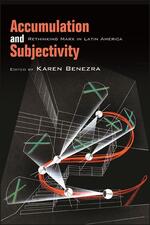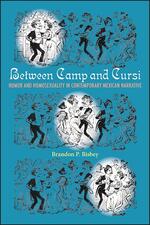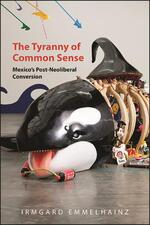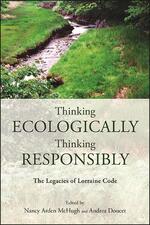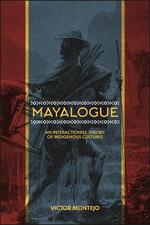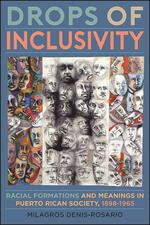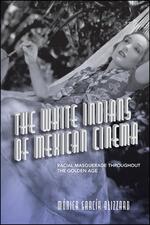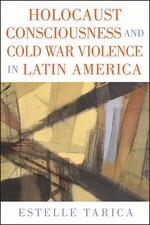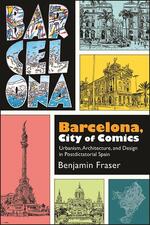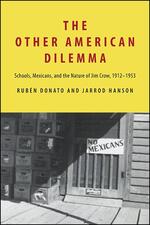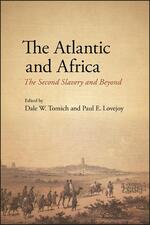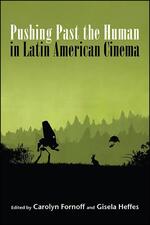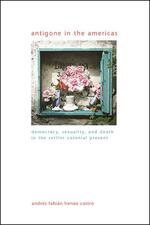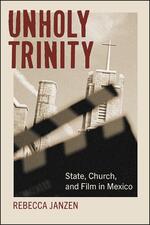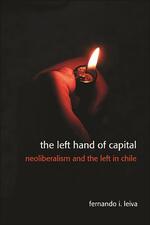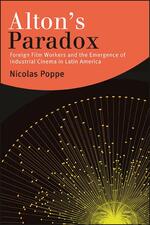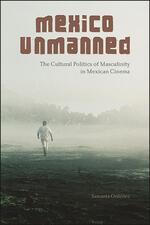Welcome to our virtual booth for the LASA annual conference. Check out our new and recent titles below!
Use code LASA24 at checkout to save 30% through 7/15/24!
Working on a project? Our editor would love to hear about it!
Rebecca Colesworthy, Senior Acquisitions Editor
Areas of focus: African American Studies (Humanities); Education (Higher Education, Multicultural, and Social Justice); Indigenous Studies; Latin American, Latinx, and Iberian Studies; Literary and Cultural Studies; Queer Studies; Women’s and Gender Studies
rebecca.colesworthy@sunypress.edu
Mike Rinella, Senior Acquisitions Editor
Areas of focus: African American Studies (Social Sciences); Environmental Studies; Political Science; Philosophy
michael.rinella@sunypress.edu
Explore our Series:
Afro-Latinx Futures, Vanessa K. Valdés, ed.
The Afro-Latinx Futures series is committed to publishing scholarly monographs and edited collections that center Blackness and Afrolatinidad from a variety of theoretical and methodological perspectives in the humanities and social sciences. Taking a hemispheric approach, we seek work that foregrounds the lives and contributions of Afro-Latinx peoples across Latin America, the Caribbean, and the diasporic U.S. and Canada. We welcome projects that introduce new historical figures and archival findings, focus on understudied regions and communities, establish innovative interdisciplinary frameworks, and challenge conventional canonical formations. Topics may include but are by no means limited to: afro-indigeneity, migration and exile, marronage/cimarronaje/quilombismo, literature, intellectual history, ethnography, geography, philosophy, performance and visual arts, and gender and sexuality. Above all, by centering Blackness and Afrolatinidad, this series aims to challenge the racial and ethnic frameworks, national imaginaries, and disciplinary constraints that continue to dominate study of the Americas and Caribbean and, more ambitiously, to help shape the future of such fields as Latin American Studies, African American Studies, Black Studies, Latinx Studies, Chicanx Studies, and American Studies.
Latin American Cinema, Ignacio M. Sánchez Prado and Leslie L. Marsh, eds.
This series welcomes submissions of monographs dedicated to the study of Latin American cinema. We seek both works that focus on regional clusters (such as the Andean region, the Southern Cone, Central America, or the Spanish Caribbean) and also on the focused analysis of the national and sub-national film traditions of the region. The series will publish works on any part of the historical arc of Latin American cinema, from its earliest iterations to contemporary production. The topics that will be addressed include but are not limited to: production and distribution structures; textual and formal analysis of films; audience and reception studies; theoretical approaches; historical and archival studies; and studies of key directors, films, and movements. We also welcome work engaged with cutting-edge theoretical approaches and the study of periods and films currently under-represented in existing scholarship.
Latin American and Iberian Thought and Culture, Rosemary G. Feal, ed., and Jorge J. E. Gracia, founding ed.
For 30 years, this series has published works on the culture and intellectual history of Latin America, Spain, Portugal, and the Hispanophone and Lusophone world. Remaining deliberately open to wide-ranging subjects and approaches, it currently seeks broad disciplinary and interdisciplinary studies of various forms of cultural production (e.g., literature, the arts, philosophy, political and social thought), as well as more specific investigations of key historical and contemporary issues in Latin American and Iberian culture and society (e.g., issues of intersecting identities).

